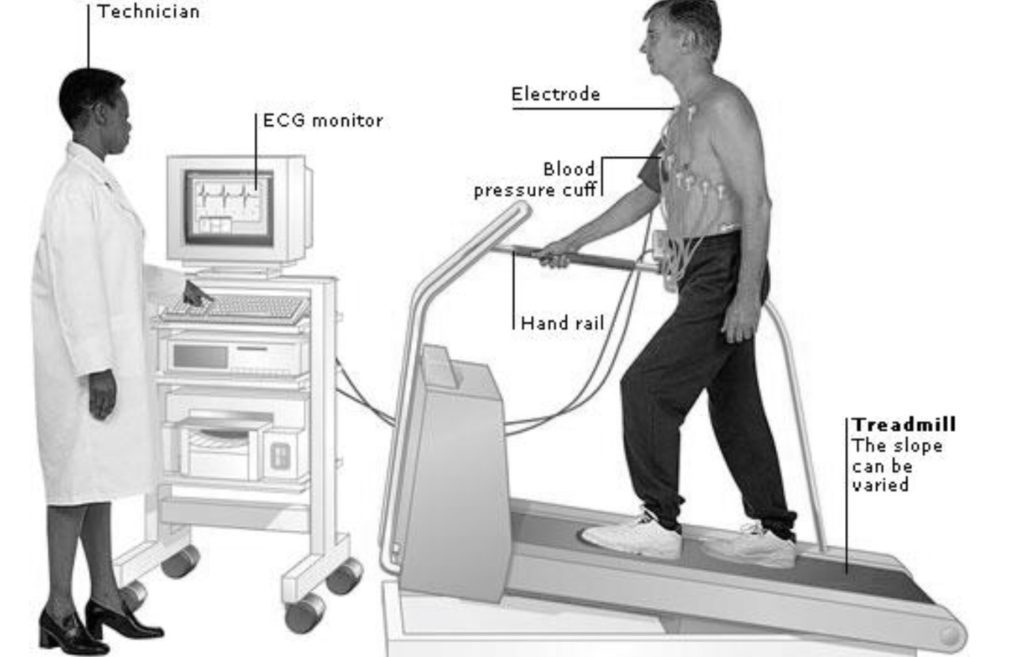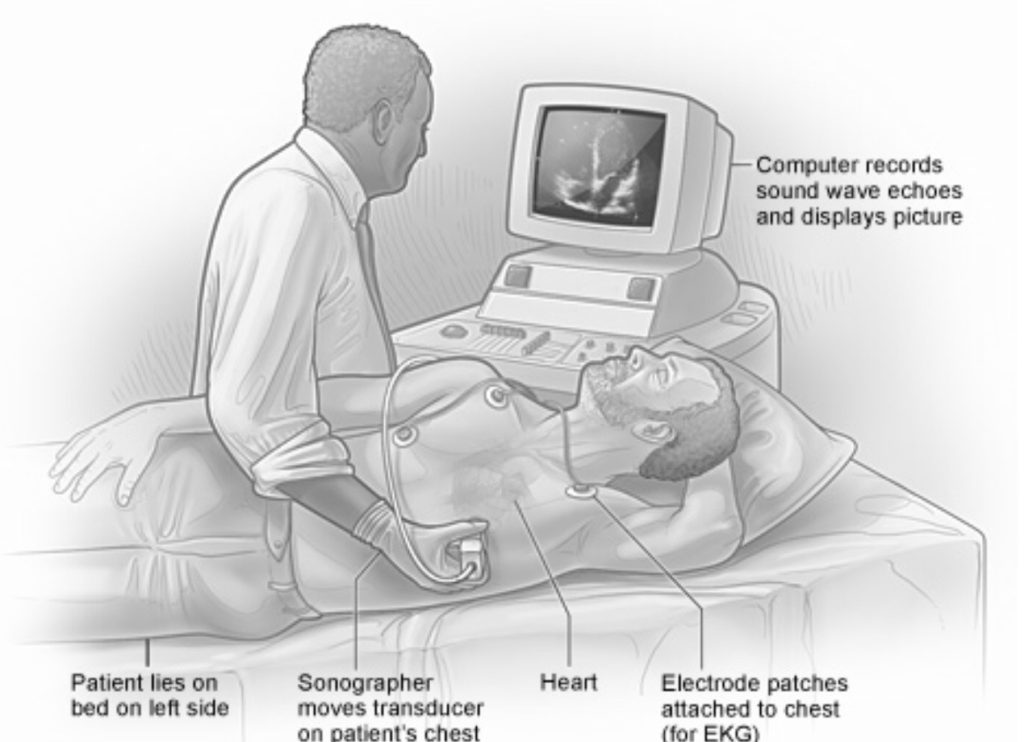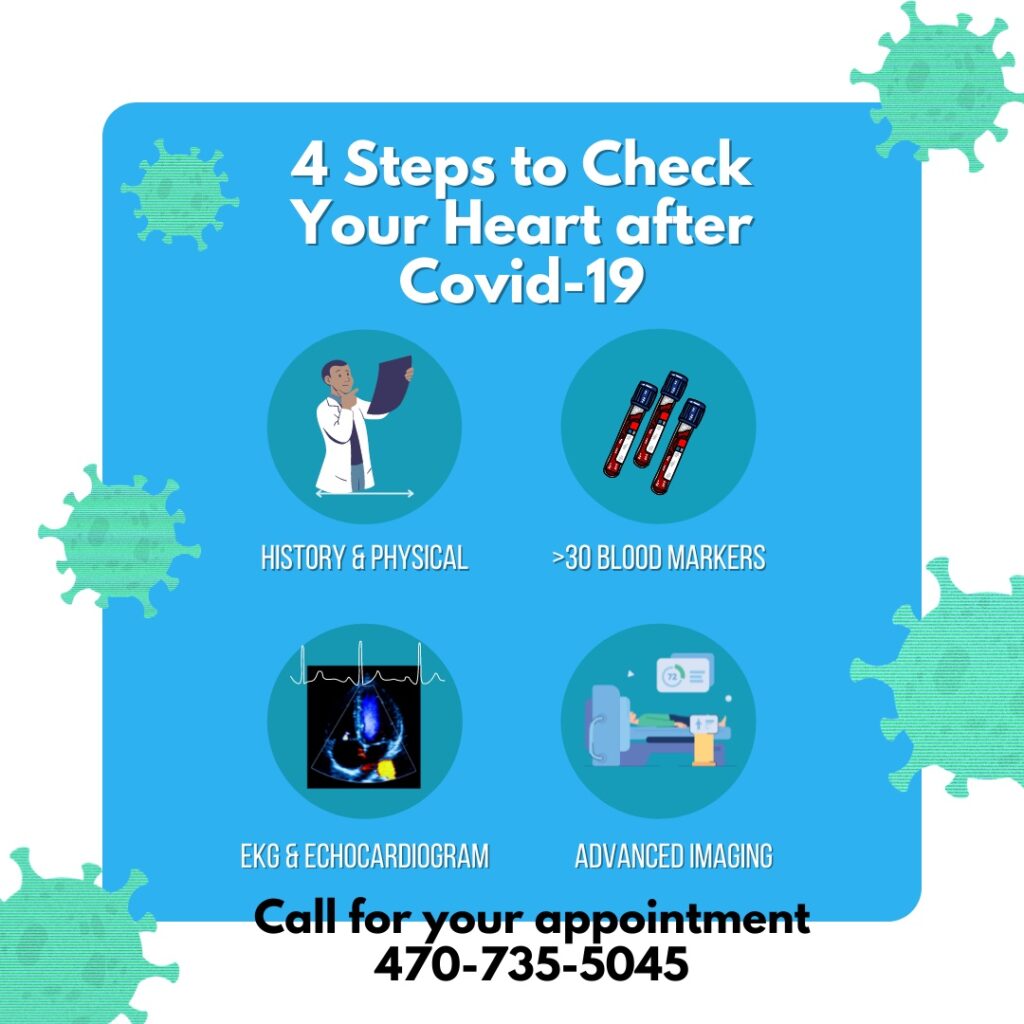Stress Test
What is a Stress Test?
A Stress Test, sometimes referred to as an Exercise Stress Test or Treadmill Test, is used to show how your heart works during physical activity. During exercise, your body requires more energy and your heart has to pump more blood to keep up. A Stress Test helps reveal if there are any problems with blood flow in your heart or even irregular heart rhythms.
What can I expect?
Electrodes (sticky patches) will be placed on your chest, legs, and arms which will record the electrical signals of your heart during exercise. A cuff will be placed on your arm to monitor your blood pressure during the test. You will be asked to exercise on a treadmill starting a slow pace and then gradually increasing to reach a target heart rate.
Your heart rate, heart rhythm, and blood pressure will be monitored throughout the test.
How do I prepare for a Stress Test?
- Do not eat or drink at least 3 hours before your test. You MAY drink water.
- Do not smoke on the day of the test.
- No caffeine intake starting the day prior to your test (i.e. coffee, tea, soft drinks, etc.)
- If you use an inhaler for breathing, please bring it with you.
- Be sure to wear comfortable clothes and shoes suitable for walking.
- You may need to stop taking some medications on the day of your test. The following medications should be stopped on the day of your test:
»Beta blockers
Metoprolol (Lopressor, Toprol)
Carvedilol (Coreg)
Bisoprolol (Zebeta)
Nadolol (Corgard)
Nebivolol (Bystolic)
Pindolol (Visken)
Propranolol (Inderal)
Labetalol (Trandate)
Atenolol (Tenormin)
»Non-dihydropyridine Calcium Channel Blockers
Diltiazem
Verapamil
»Nitroglycerin/Nitrates
Nitropatches
Nitrostat
Isosorbide dinitrate (Isordil)
Isosorbide mononitrate (Imdur)
»Other:
Amiodarone
Sotalol
Digoxin
You may bring your medications with you to take after your Stress Test unless your provider advises not to.
Please contact us or message us on Klara with any questions about your upcoming test. We look forward to seeing you soon!




